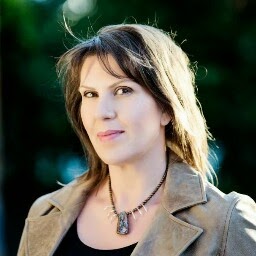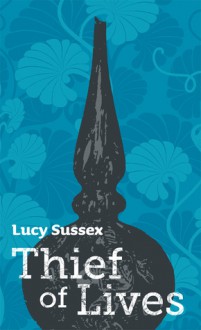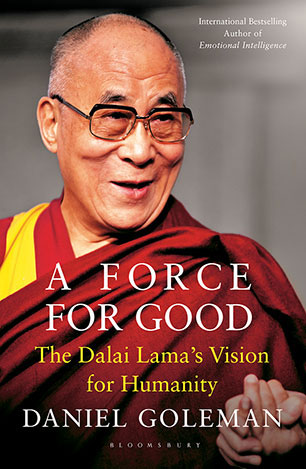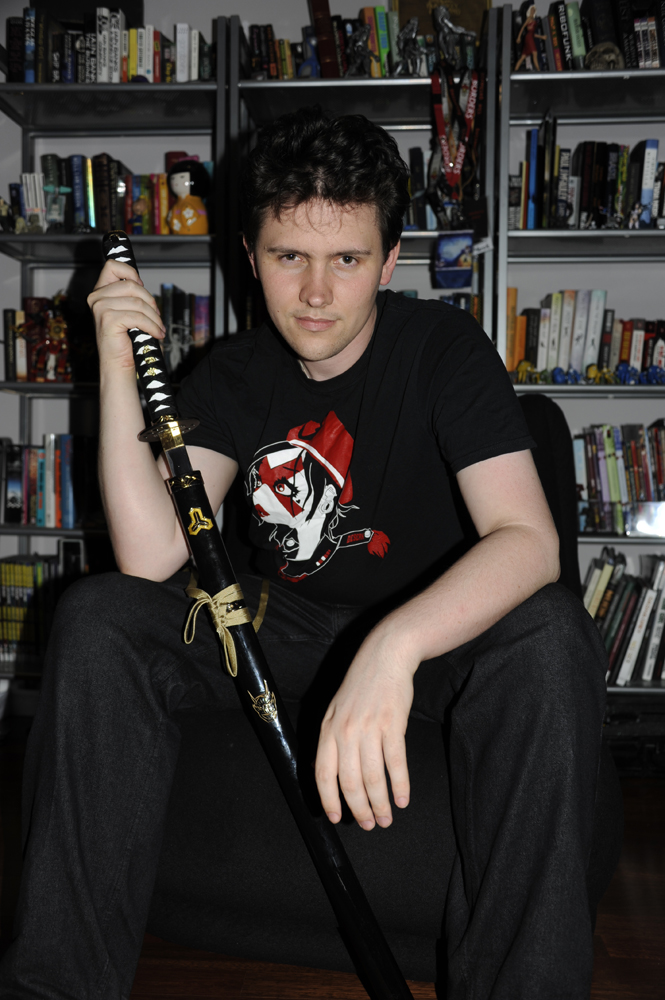
Jamie Marriage
Jamie Marriage is an internationally published Australian cyberpunk author with a taste for the dangerous and obscene aspects of life. His work ranges from the sarcastic to the satirical. Links to his work can be found at www.JamieMarriage.com
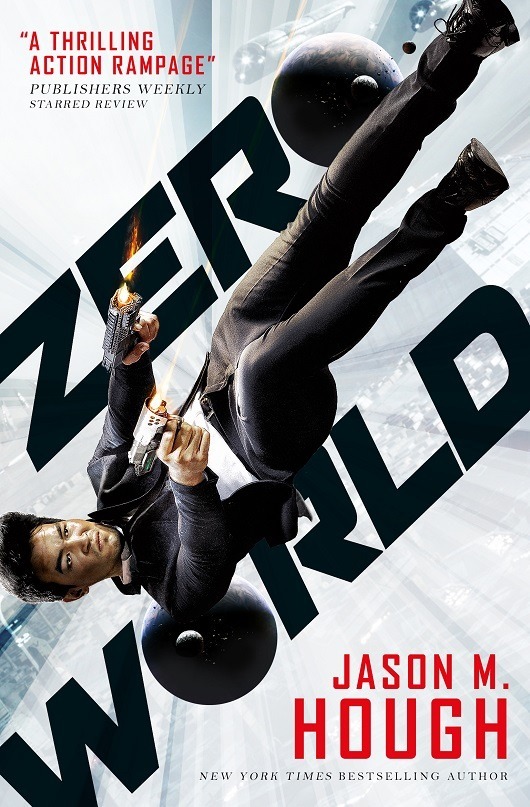 To be an assassin with a clean conscience sounds unlikely, especially when you get to live the high life without any of those niggling feelings from the lives you’ve ended, but not for cybernetically enhanced spy/assassin Agent Caswell.
To be an assassin with a clean conscience sounds unlikely, especially when you get to live the high life without any of those niggling feelings from the lives you’ve ended, but not for cybernetically enhanced spy/assassin Agent Caswell.
For Peter Caswell, special operative for an agency so secret that even he doesn’t know anything about it, aside from the assumed name of his handler, life is good. Waking up after every covert mission in an expensive hotel with a stuffed bank account and no memories of the things he had to do to earn it (thanks to an implant in his neck) seems like a perfect job. Or at least it did until he was sent into space on a sudden mission.
Tasked with investigating the deaths of an advanced weaponry development team, Agent Caswell’s implant is unceremoniously activated without the usual preparations, and he is sent on a seemingly impossible mission with little more than a photo of a missing scientist and a countdown ticking away before his implant fires up and wipes his memory of everything he’s recently done. What’s ahead of him goes beyond normal time and space; the most interesting mission Peter will ever forget.
Zero World is the new exciting, adrenaline-pumped novel by Jason M. Hough. And when it comes to high risk action Hough knows his stuff.
Falling somewhere between a Cold-War era spy novel and a sci-fi action story Zero World is a narrative that complicates genres in incredible and attention-grabbing ways. Taking place partly on Earth, in space, and somewhere familiar but far from normal reality, Zero World takes from each location and scenario a true feeling of belonging; characters are rooted deeply in their environments and language smoothly shifts between settings in a way that becomes far more real than is usually found in genre fiction.
Action and subterfuge are the basis of Zero World, which Hough handles masterfully. And while it would have been easy for this novel to become little more than a bloodbath, the author often deepens the narrative, replacing violence with intrigue, and quick solutions with drawn out resolutions, which prove ultimately more satisfying to the reader. But when the action strikes, it hits hard, often taking the form of breathless escapes and pure fights for survival against incredible odds.
Zero World is a perfect novel for any reader who loves action or spy novels, with plenty of intensity to engage all readers. A fantastic read and one you won’t want to put down until it’s finished.



















